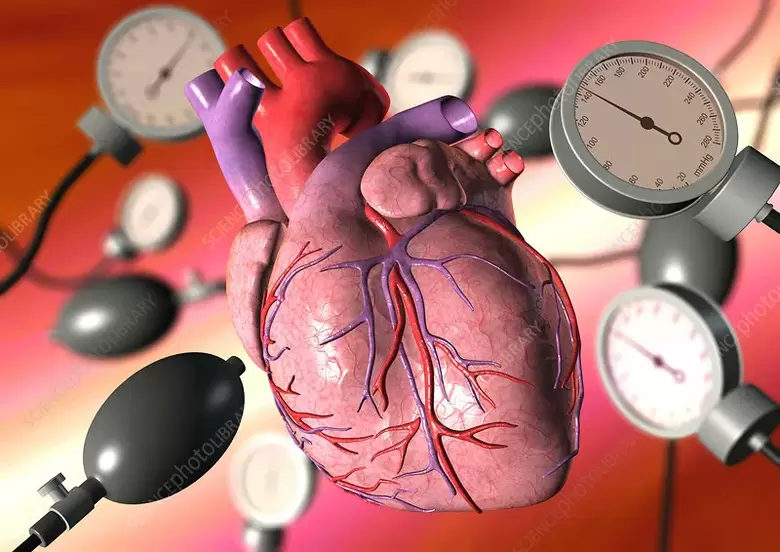
causes of high blood pressure
- overweight (obesity);
- diabetes;
- Smoking, drinking;
- High levels of adrenaline in the blood (including due to experiencing stress);
- Atherosclerosis (mainly aortic atherosclerosis);
- kidney disease;
- Thyroid disease;
- Taking certain medicines (including hormonal contraceptives).
Stages and complications of hypertension
- Heart failure, myocardial infarction;
- Cerebrovascular accident (ischemic or hemorrhagic stroke);
- Nephrosclerosis, kidney failure;
- Decreased vision (due to retinal circulation problems).
Symptoms of high blood pressure
- weakness;
- Dizziness;
- Headache;
- Performance degrades.
- severe headache;
- Darkening of eyes;
- nausea and vomiting;
- Angina, a feeling of rapid heartbeat;
- Cold sweat, weakness, and trembling hands.
How to diagnose high blood pressure
Treatments for high blood pressure
Which doctor treats high blood pressure
- Stop smoking;
- Eliminate or reduce alcohol use;
- Try to lose weight to normal levels;
- Reduce salt intake to 5 g/day;
- Provide regular physical activity. The most beneficial are walking, swimming, and therapeutic exercise;
- Increase your ability to withstand stress;
- Optimize nutrition (eat more vegetables, fruits, foods rich in potassium, calcium and magnesium and, conversely, reduce the intake of vegetable fats and protein foods). You should eat regularly.























